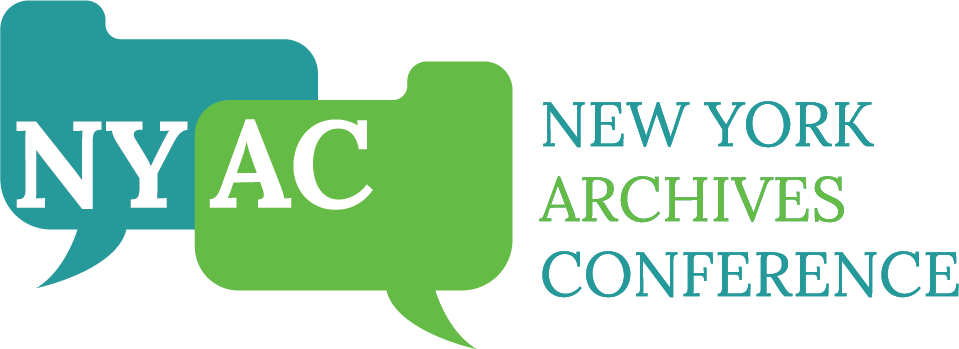Aspirations and Realities of Shared and Equitable Collecting at Columbia University Libraries

Against the backdrop of the 2020 Uprisings, we developed a Shared Equitable Collecting pilot to interrupt extractive collecting practices, redirecting funds from acquiring new materials towards developing access strategies for reparatively sharing materials with impacted communities. Actions included: updating the archives’ acquisition form to require curators to consider the ethical impact of collecting from historically marginalized communities and articulate how acquisitions will be made accessible to the collection’s community of origin. A sample collection’s description was critically re-evaluated for exclusions, found to be lacking key contextual and provenance information, and reprocessed with an eye to inclusive descriptive practices. A subset of materials were then digitally repatriated in collaboration with the donor’s family and activist collective, and opportunities for greater access created via the Internet Archive and Columbia’s digital platform. Our presentation critically evaluates whether the pilot, in fact, inspired more and better accountability from staff to creators and their communities.
Presenters
Kimberly Springer | she, her, hers
Oral History Archives at Columbia University Libraries /Rare Book & Manuscript Library
Celeste Brewer | she, her, hers
Rare Book & Manuscript Library at Columbia University Libraries
Enhancing Preservation and Access to Cold War Era Czech Glass Design Drawings: Reimagining a Digitization Workflow at the Rakow Research Library

In July 2023, the Rakow Research Library at the Corning Museum of Glass embarked on a large-scale project to digitize approximately three thousand design drawings by Czech glass artists; the drawings date from the late 1940s to the late 1970s, a period in which artistic expression was severely limited by Czechoslovakia’s communist government. Before the project began, the library developed a new digitization workflow involving members from several different teams to ensure long-term preservation and promote access to the collection. From digitization, rehousing and relabeling, updating individual item records, and creating a collection-level finding aid, we prioritized clearly defining roles and maintaining open communication among everyone involved. We’ll share what we learned, what worked well, and what could be improved in the future. Please see the Steinberg Foundation Collection of Czech Glass Design Drawings to view the digital collection. A collection-level finding aid will be available in the Rakow Library’s ArchivesSpace database this summer.
Presenters
Joe Schill | he/him/his
Corning Museum of Glass
Kylie McKenna | she/her/hers
Corning Museum of Glass
Utilizing 3D Printed Models to Safeguard Archival Treasures and Enhance Visitor Experience

In recent years, advancements in 3D printing technology have made it easier than ever to safely create accurate representations of fragile objects. This presentation will demonstrate real world examples of how 3D printing is being used to provide greater accessibility to delicate archival objects both through exhibits and through hands on interactions with students and visitors at the University of Alabama at Birmingham. Both the 3D models and the scans can be valuable tools in expanding accessibility to fragile objects and encouraging greater integration of archival objects in student learning. By combining the use of 3D object with their digital representation’s students are granted much greater access to archival collections while reducing handling of the original artifact.
Presenters
Aaron Pahl | he/him/his
University of Alabama at Birmingham
